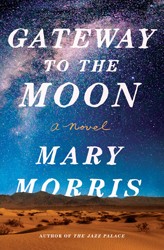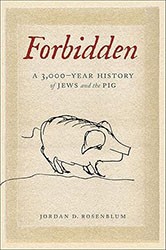The year 1481 and subsequent years violently devastated the Jewish population of Seville, Spain. Although Ferdinand and Isabella were supposedly lenient toward Jews, “conversos” (Jews baptized as Christians but secretly practicing Judaism), and “crypto-Jews” (hidden Jews), the Catholic monastic orders convinced the King and Queen to weed out false Christians in order to “purify” Spain of evil. The monarchy reluctantly agreed to allow the Inquisition to commence but insisted on (supposed) fairness to all accused.
Marisol Garcia, the heroine of The Inquisitor’s Wife, moves through several cycles of thoughts and emotions about her Judaic background within the novel. The first time she sees an elderly Jewish man beaten and hears the tormenters insult her for trying to get them to stop, she is horrified and realizes the formidable foe she is confronting. In fear, she rebels by rejecting the secret prayers and candle lighting on Friday night that she formerly shared with her mother. When the Inquisition interrogations begin, Marisol’s mother commits a desperate act that changes Marisol forever. Her father forces her to marry an “Old Christian,” hoping that will protect his beloved daughter, in spite of the fact that she must forsake an old love and hates her new husband.
The remainder of the novel is about sex, money, and power and how Marisol is being used by her new family to help those conducting the Inquisition trials. The infamous Torquemada and his assistants are clearly depicted in the ferocity of their judgment and their hidden motivation of acquiring wealth and power. The crises that follow provide riveting reading and ultimately lead to a most unexpected ending. Marisol, with great beauty and dignity, endures and surmounts the worst that evil can dole out. The Inquisitor’s Wife is a literate, well-crafted work of historical fiction.
Related Content: Crypto-Judaism and Conversos Reading List





